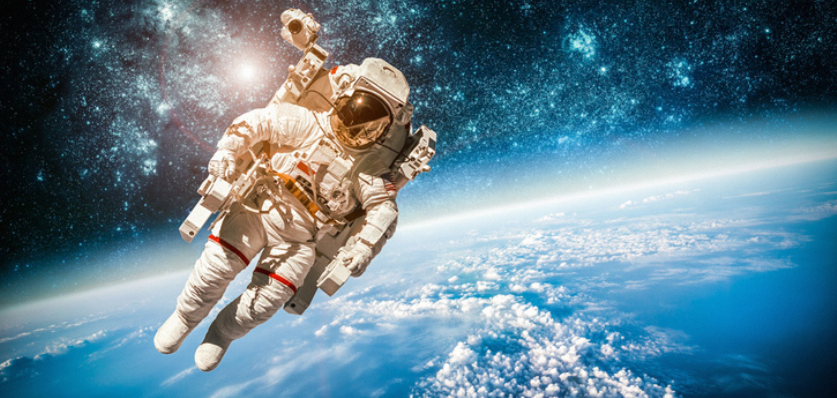Physiological Challenges Beyond Earth’s Atmosphere
Space travel presents unique challenges to human health due to the microgravity environment and increased radiation exposure.
Musculoskeletal Effects
- Bone Density Reduction: Prolonged weightlessness leads to decreased bone mineral density, increasing fracture risk.
- Muscle Atrophy: Lack of gravity causes muscle weakening, necessitating regular exercise to maintain strength.
Cardiovascular Changes
- Fluid Redistribution: Microgravity causes bodily fluids to shift toward the head, potentially leading to facial puffiness and vision issues.
- Orthostatic Intolerance: Upon returning to Earth, astronauts may experience dizziness due to cardiovascular deconditioning.
Radiation Exposure
- Increased Cancer Risk: Space radiation elevates the potential for cancer development.
- CNS Effects: Exposure may impact cognitive functions and behavior.
Psychological Considerations
- Isolation and Confinement: Extended missions can lead to feelings of isolation, affecting mental health.
- Sleep Disruptions: Altered light-dark cycles in space can cause sleep disturbances.
Countermeasures
- Exercise Regimens: Daily physical activity helps mitigate muscle and bone loss.
- Nutritional Support: Adequate diet supports overall health.
- Psychological Support: Access to mental health resources is crucial for long-duration missions.
